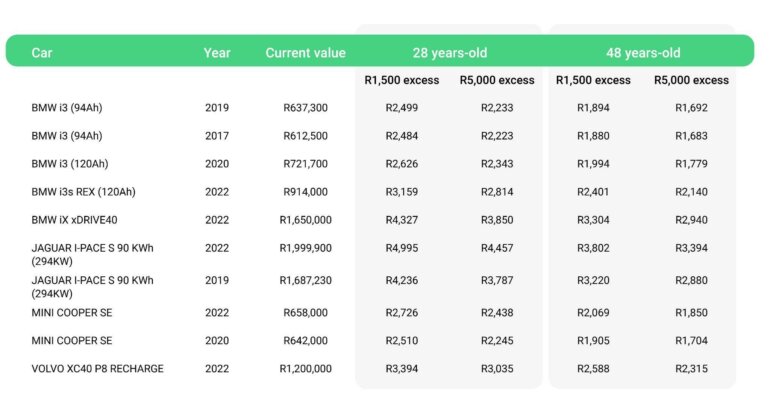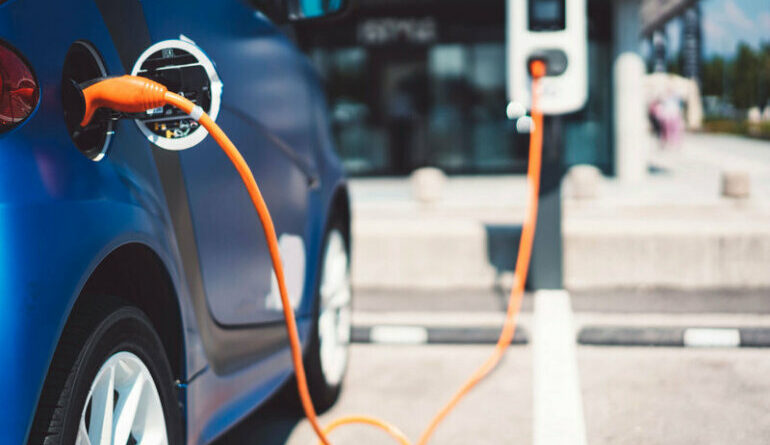Is it more expensive to insure an electric vehicle than a traditional car?
With annual sales in the dozens of units, electric vehicles accounted for just 0.046% of the new cars sold in South Africa in 2021. But with soaring fuel prices and growing awareness of the environmental impact of fossil fuels, more and more South Africans are considering the switch from internal combustion engine (ICE) cars to electric vehicles.
AutoTrader’s annual car industry report, for example, shows that South Africans conducted over 540,000 searches for electric vehicles on its platform in 2021, up 110% from the previous year. As they weigh up their options, one of the questions prospective electric vehicle owners ask is how the insurance costs compare.
Ernest North, the co-founder of the fully digital Naked Insurance platform, says there has also been a recent increase in the number of insurance quotes and policies sold on electric cars. He says an insurer takes a cluster of variables into account when pricing your car’s insurance premium. These include your age, where you live, the cost of your vehicle and the typical costs of parts and repairs for the make and model you own. In some cases, insuring an electric car can be more expensive than insuring an ICE car of the same value because the costs of spares and parts are higher. However, there may also be cases where premiums will be lower if the data shows that drivers of a particular electric vehicle model have fewer accidents because of vehicle safety features or because they are more careful drivers.
For reference, Naked Insurance has calculated average monthly insurance premiums for different age policyholders and different excess choices for some of the most popular electric vehicles available in South Africa:

The premiums above reflect the risk profile of a typical 28- and 48-year old driver, but actual quotations can be obtained on the Naked website or mobile app.
North says that each car buyer needs to look at total vehicle ownership costs when deciding whether to go the electric car route. Electric cars have fewer moving parts that need to be replaced than traditional cars, so many models may be cheaper to maintain than a luxury vehicle of the same cost. And, if you have solar panels for your car charger at your home, you can reduce the running costs of powering your car to next to nothing compared to the eye watering costs of petrol. “It’s worth remembering that we’re just at the start of the electric vehicle revolution and people who get on board now will be paying an early adopter tax,” says North.
“But we can expect to see their running costs compared to ICE cars fall rapidly, especially if the government reviews the import tariffs on electric vehicles or starts to impose stiffer carbon taxes on traditional cars. Within the next two to three years, we are also likely to see prices dropping and more mid-range electric vehicles reach the market. The global momentum behind electric cars seems unstoppable, with global sales of battery-powered cars, light trucks and commercial vehicles reaching 6.75-million units in 2021, 108% more than in 2020. We believe electric vehicles will be the wave of the future.”




